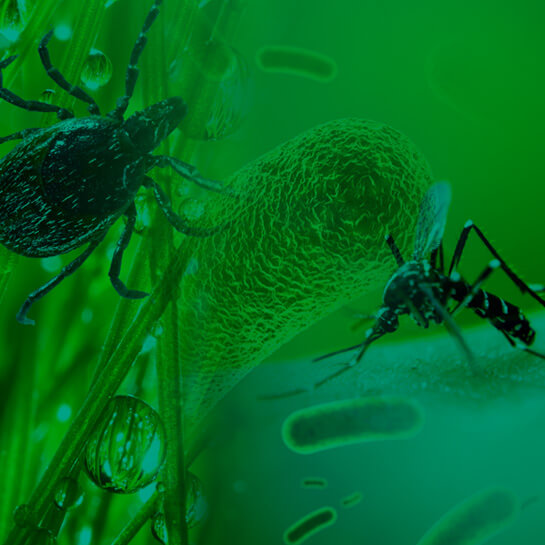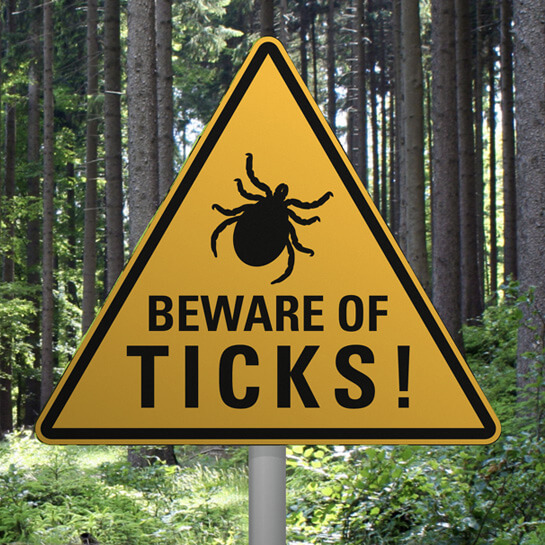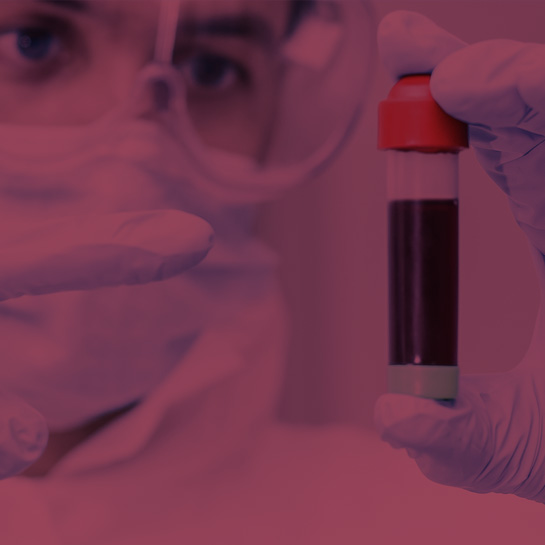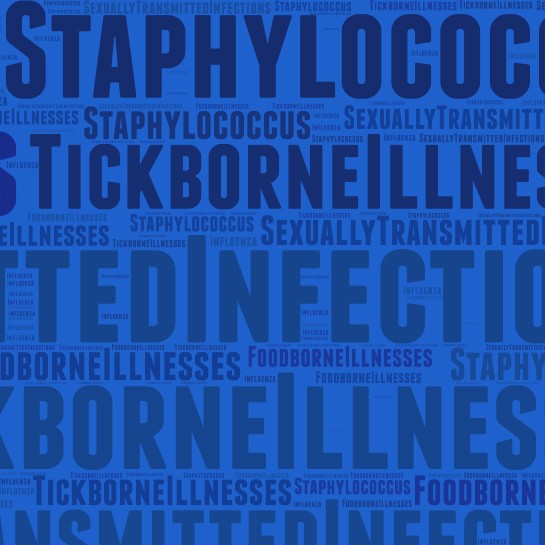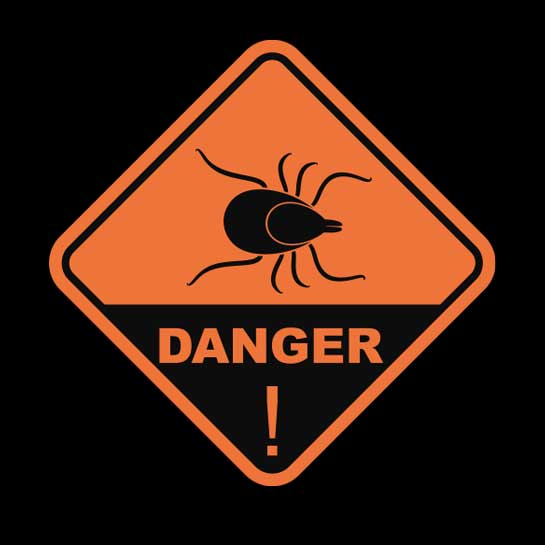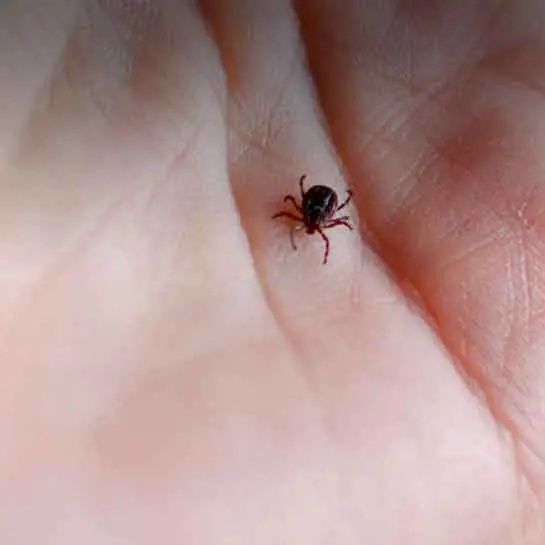Tick-Borne Diseases
Treatment
Tick-Borne Disease Treatment
Ticks, which are small arthropods, are commonly found in grass, trees, shrubbery, and other plant life across the middle and eastern United States. When ticks bite humans, they can transmit bacteria into our bloodstreams, which can spark the development of a tick-borne disease. As tick bites are highly common in our area and are linked to a variety of illnesses, ID Care specializes in tick disease treatment at all nine of our locations across New Jersey.

Treatment options using the least amount of antibiotics with the safest, most effective results.
Signs and Symptoms
Tick bites are normally harmless, especially when they are spotted early on, and the tick is properly extracted. But when they do spread diseases, tick bites can cause several symptoms, including:
- A red or bruise-like spot near the bite, known medically as “erythema migrans”
- Neck stiffness
- Nausea
- Fatigue
- Joint and muscle pain
- Swollen lymph nodes
- Tingling or numbness in the hands and feet
- And more…
Although this list is not exhaustive, it provides a glimpse of how tick-borne diseases can potentially affect us. If you are experiencing any of these symptoms, visit an ID Care location near you right away.
Diagnosing Tick-Borne Diseases
At ID Care, we believe in using the latest treatments for tick-borne diseases. That’s why we use blood tests to detect and distinguish between different tick-borne illnesses in our patients. If a patient brings in a tick for identification, our medical team can send it out to confirm the type of tick and its potential for carrying certain bacteria.
To further determine your exact diagnosis, our physicians may investigate your white blood cell count, platelet count, liver functionality, and more. Some diseases also require more than one test to be run – all of which can conveniently be performed at your nearest ID Care location. In any case, we can correctly identify the numerous diseases caused by tick bites, including:
- Lyme disease
- Babesiosis
- Ehrlichiosis
- Rocky Mountain spotted fever
- Tularemia
- Colorado tick fever
- Powassan encephalitis
- Q fever
Tick Disease Treatment
In general, the earlier a tick-borne disease is detected, the better your prognosis is. Most tick-borne diseases can be treated with one or more antibiotics. Depending on your symptoms, it’s common for patients to begin their medications before the laboratory results reveal the exact type of tick-borne disease they have. But if you are pregnant or allergic to tick bites, you may undergo allergy treatment or require a specialized medication regimen.
Once the exact tick-borne disease is diagnosed, more specific treatments may be administered. For instance, those with Lyme disease will require a longer course of antibiotics, as symptoms can last for up to six months. Meanwhile, Powassan encephalitis cannot be treated with medications, and severe cases usually require a hospital stay to assist patients with breathing and keep brain swelling to a minimum.
Trust ID Care
If you require tick disease treatment, look no further than ID Care, where the right specialists are always standing by to deliver the best possible care. For more information, contact us today or visit us online to request an appointment at any of our nine locations in New Jersey.


